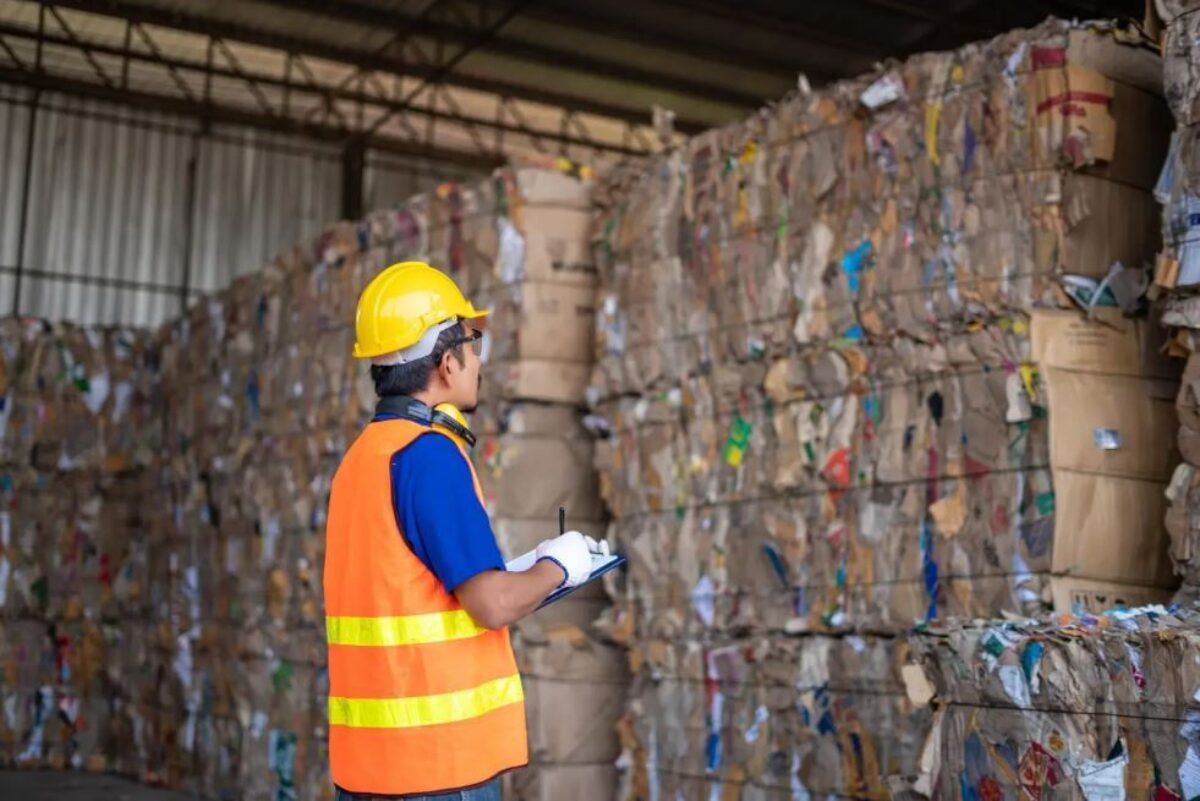5-7-24 As seen in Tech Crunch: CleanFiber wants to turn millions of tons of cardboard boxes into insulation - Woods Oviatt attorneys Chris Henrich, Mike de Gennaro, Steve Suozzi and Sarah Bothma provided counsel for Clean Fiber on this deal.

Tim De Chant@tdechant / 10:30 AM EDT•April 12, 2024
For decades, building material companies have shredded old newspapers to create cellulose insulation. But as newspapers have declined, the cellulose insulation industry has found itself in a bind, chasing after dwindling supplies of raw material.
As old newsprint has become harder to find, there’s been another paper-based product on the rise: corrugated cardboard. People have increasingly turned to e-commerce, and the amount of cardboard boxes has crept steadily upward. Every year, as much as 50 million tons of the material land in waste and recycling bins.
Cardboard would seem like a perfect, paper-based solution to the insulation industry’s short supply, except there’s one problem: Corrugated boxes are riddled with contaminants like plastic tape, shipping labels and even metal staples. Transforming it into insulation is far more challenging than newsprint ever was. Yet one startup, CleanFiber, anticipated the shift and has been working on the problem for years.
To date, CleanFiber has been able to produce enough insulation for about 20,000 single-family homes. But CEO Jonathan Strimling knew that the company would have to stretch beyond its initial factory in Buffalo, New York, if it were to become more than an afterthought. The insulation market in the U.S. is dominated by a handful of large players and is worth $12.5 billion, according to Grand View Research.
Strimling also knew that he and his team would need more capital to expand. They last raised a $10 million Series A in 2022 using a creative mix of equity and debt to get the Buffalo plant running at full steam. But a nationwide expansion would require a much larger war chest.
Fortunately, the company had been courting Spring Lane Capital, a sustainability-focused private equity firm, for over a decade. The firm had been watching CleanFiber’s progress and, happy with the numbers the startup was posting, decided to lead a $28 million Series B that also included a $31.5 million project financing facility, TechCrunch has exclusively learned. Spring Lane was joined by Ahlström Invest, AXA Investment Managers, Climate Innovation Capital and Tokyu Construction/Global Brain.


